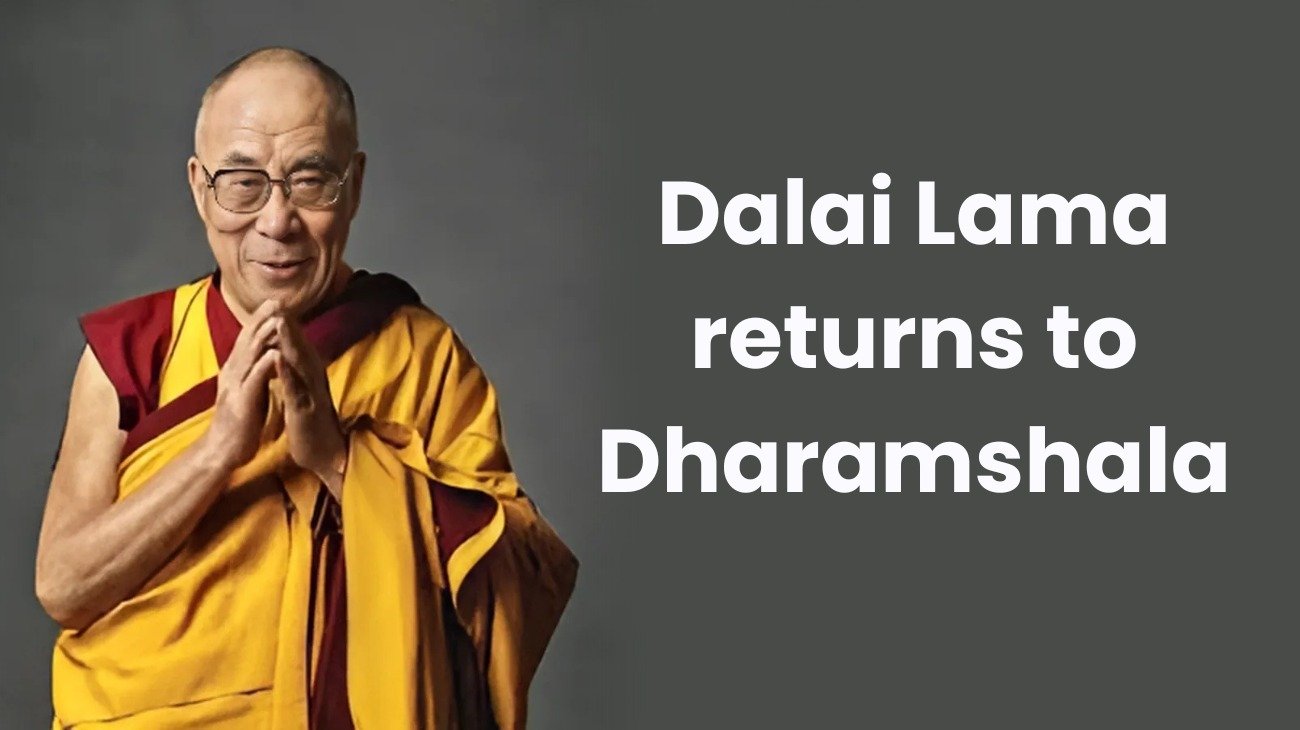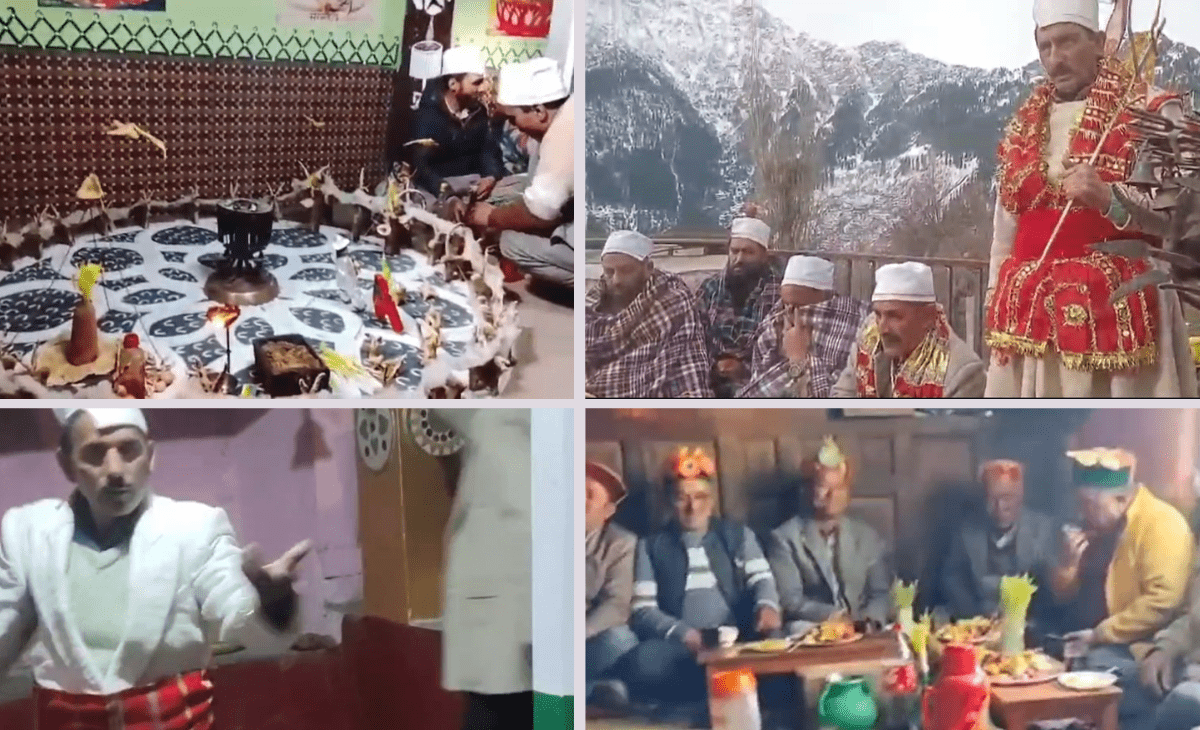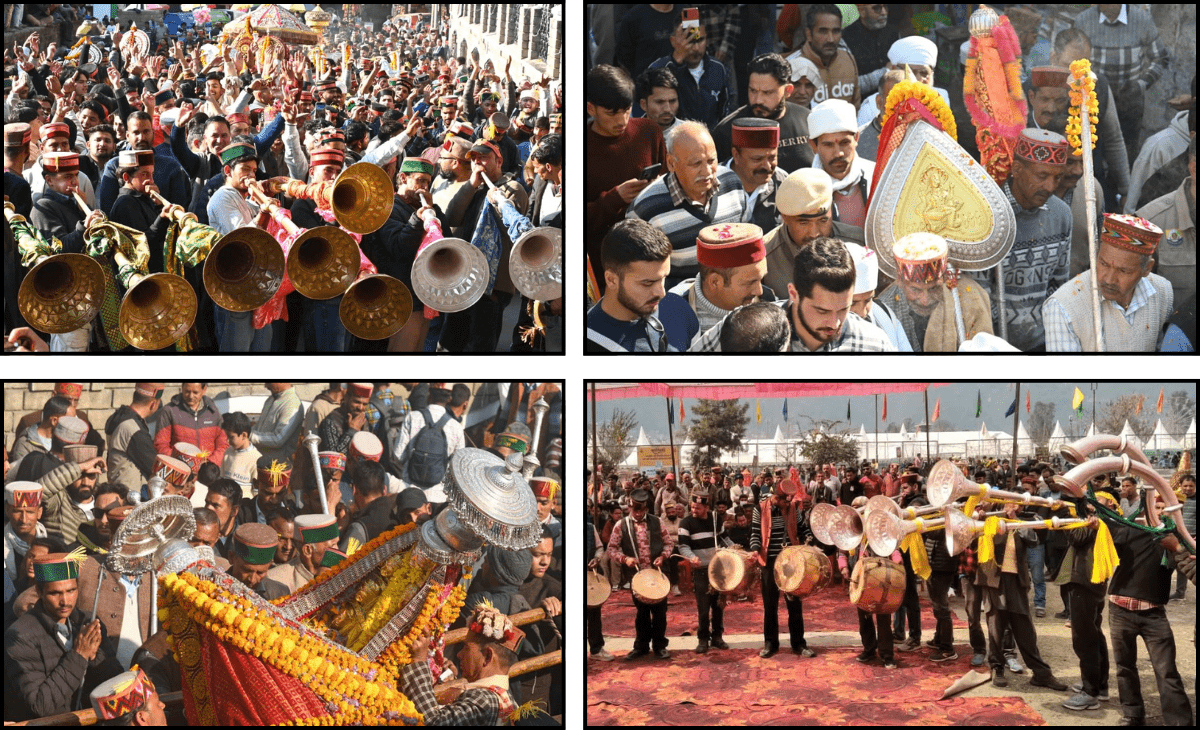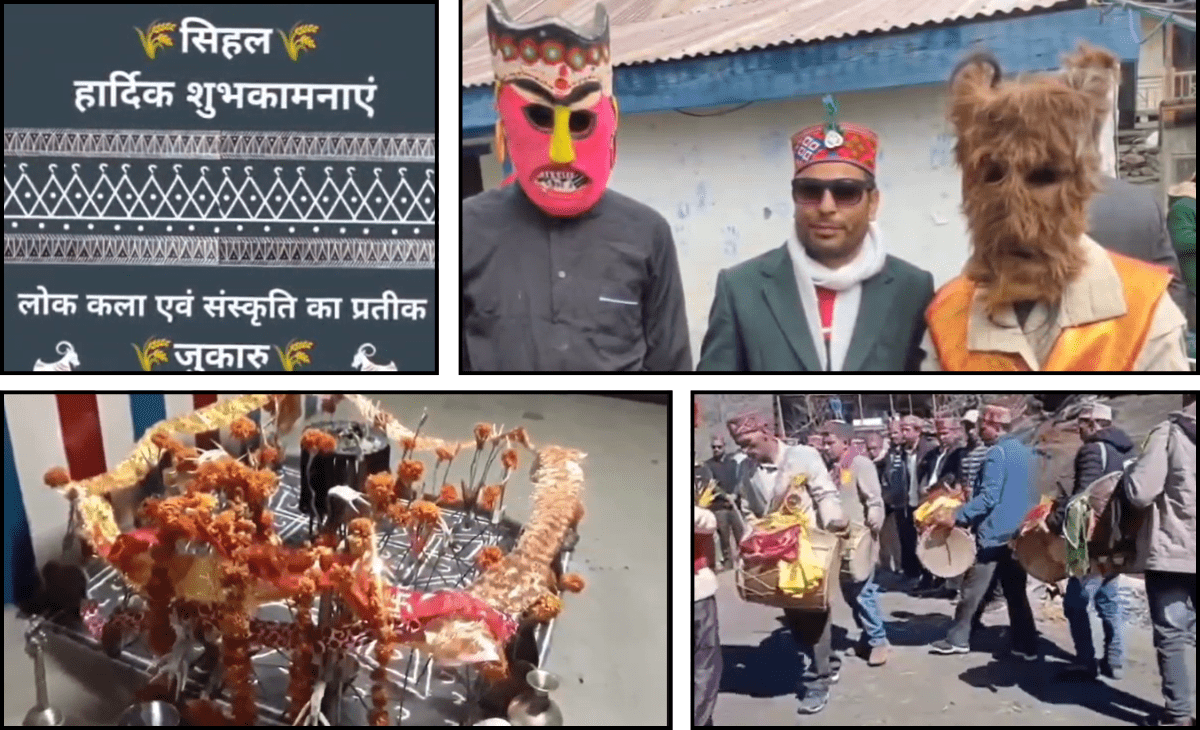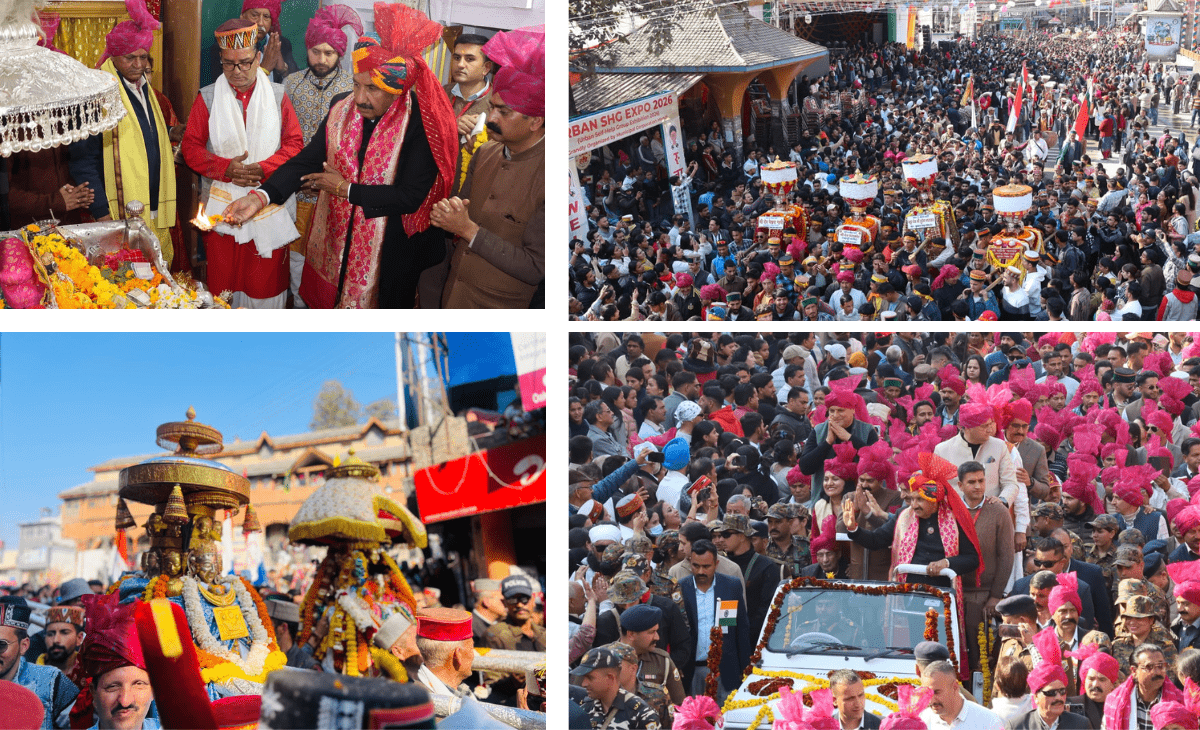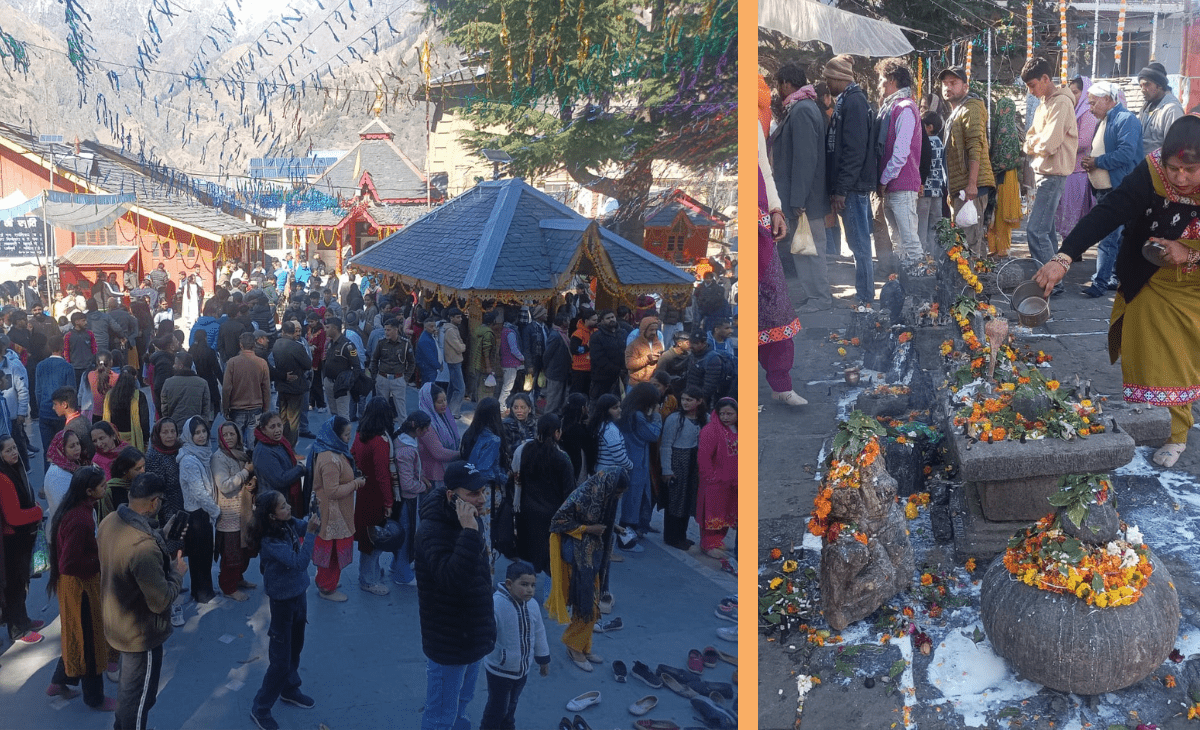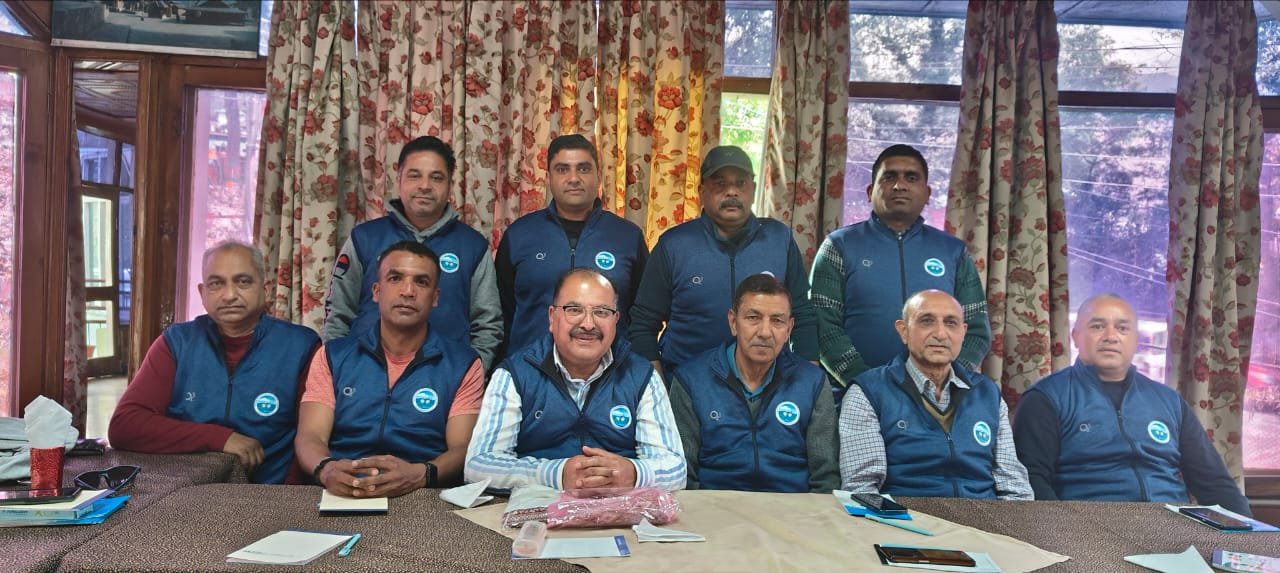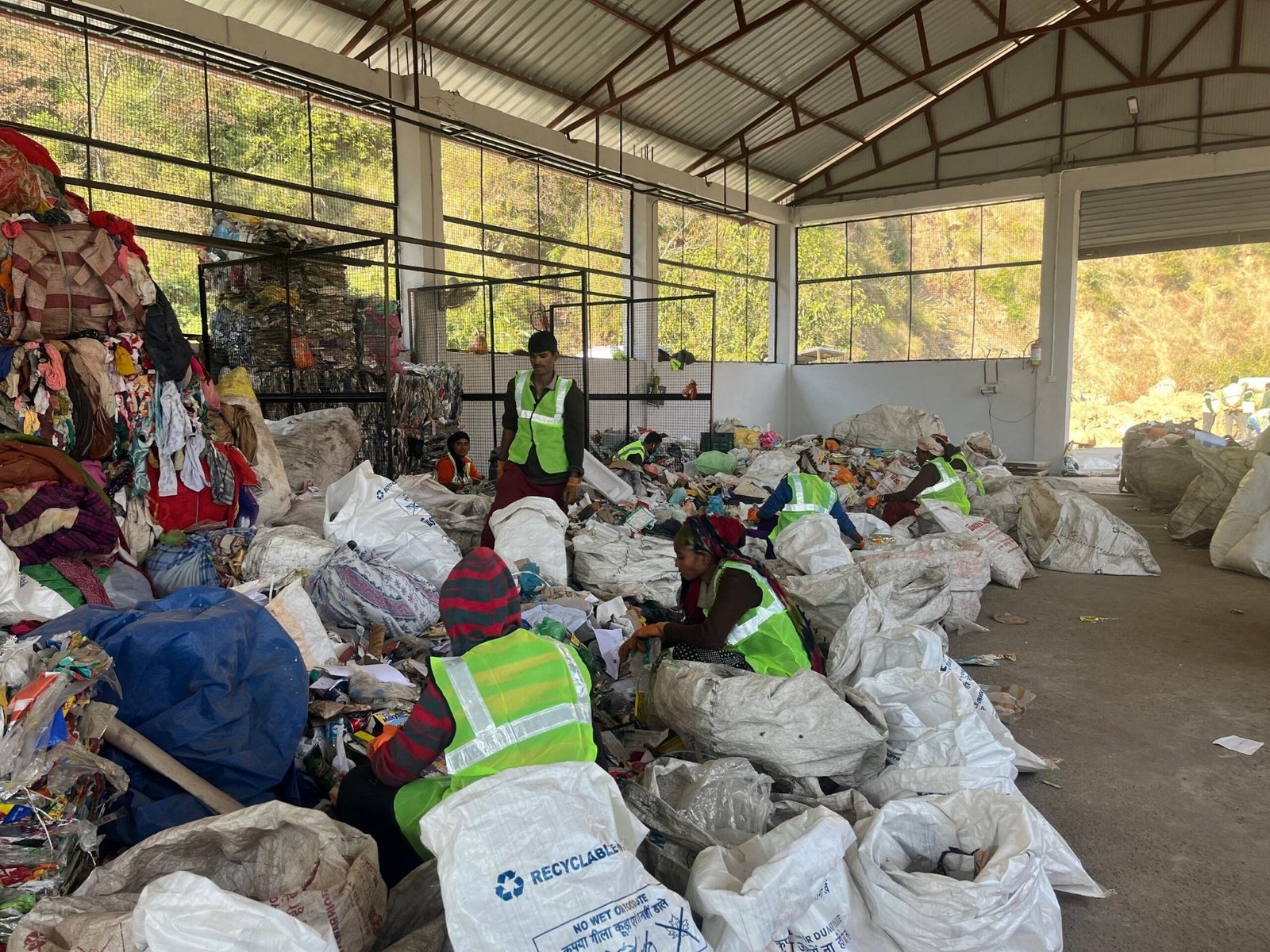Dharamshala: The 14th Dalai Lama returned to his residence in Dharamshala on Friday (February 21, 2025) after spending nearly six weeks in Karnataka even as China has reignited tensions over his reincarnation, underscoring the ongoing dispute over Tibet’s future.
At Kangra Airport, the Dalai Lama was received by Speaker of the Tibetan Parliament-in-Exile Khenpo Sonam Tenphel, officiating Sikyong Tharlam Dolma Changra, and representatives of Tibetan NGOs based in Dharamshala.
Hundreds of Tibetans lined the motorcade route, waving ceremonial scarves and incense, dressed in traditional attire to catch a glimpse of their revered leader.
Prayers, empowerment and a message of compassion
Upon his arrival at Tsuglagkhang, his official residence, the Tibetan spiritual leader was greeted by Deputy Speaker Dolma Tsering Teykhang, Kalon Norzin Dolma, Election Commissioner Lobsang Yeshi and members of the Central Tibetan Administration.
During his stay in Bylakuppe, the Dalai Lama participated in long-life prayers offered by Sera Monasteries, Tashi Lhunpo Monastery, and the Gyudmed Tantric Monastery.
He also led a prayer session for the victims of the recent devastating earthquake in Tibet and attended a winter debate session at Tashi Lhunpo Monastery.
As part of his spiritual teachings, he conferred a long-life empowerment based on White Tara, titled “A Stream of Nectar of Immortality”, attended by thousands of followers from across the world.
Beijing’s growing unease over the Dalai Lama’s future
China has once again voiced concerns over the Dalai Lama’s reincarnation, signalling its intent to control the succession process. On February 10, Beijing’s foreign ministry expressed hope that the Tibetan leader would “return to the right path”.
In a statement following the demise of the Dalai Lama’s elder brother Gyalo Thondup, China suggested that talks on his personal future could be possible — but only if he renounced Tibetan independence and acknowledges Tibet and Taiwan as integral parts of China.
China, which ceased dialogue with the Dalai Lama’s envoys in 2010, does not recognise the Tibetan government-in-exile. However, it has maintained that the reincarnation process must be under its control, dismissing any attempt by the Dalai Lama or Tibetan exiles to determine his successor.
Long battle over reincarnation
The Dalai Lama himself has offered conflicting statements on his reincarnation over the years. In 2004, he suggested that the Tibetan people should decide whether they want a 15th Dalai Lama.
A decade later, he humorously remarked that the next Dalai Lama could be a woman — possibly blonde — who must be “attractive” to be useful.
To counter Beijing’s interference, the Dalai Lama has repeatedly stated that only he will decide the place and method of his reincarnation. He has indicated that he will make a final decision at age 90, which falls in July 2025.
His Zurich-based Gaden Phodrang Trust is expected to oversee the process, with plans to leave written instructions specifying the location of his rebirth.
Adding another layer to the Tibet-China conflict, the Dalai Lama’s upcoming book, set for release in March, is expected to outline his vision for Tibet’s future. With Beijing ramping up pressure and Tibetans looking for guidance, the battle over succession is set to intensify in the years ahead.
Sunil Chadha


